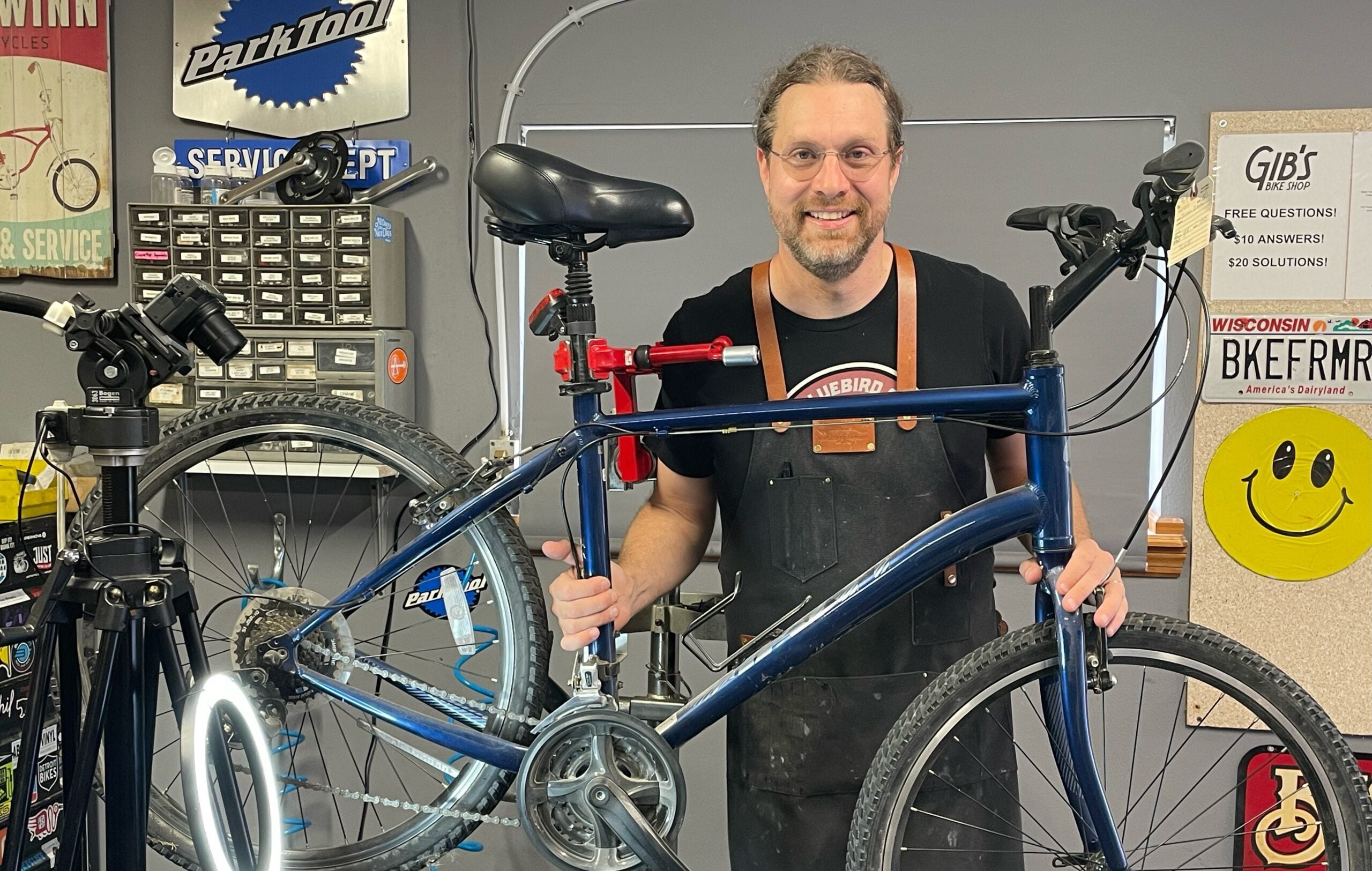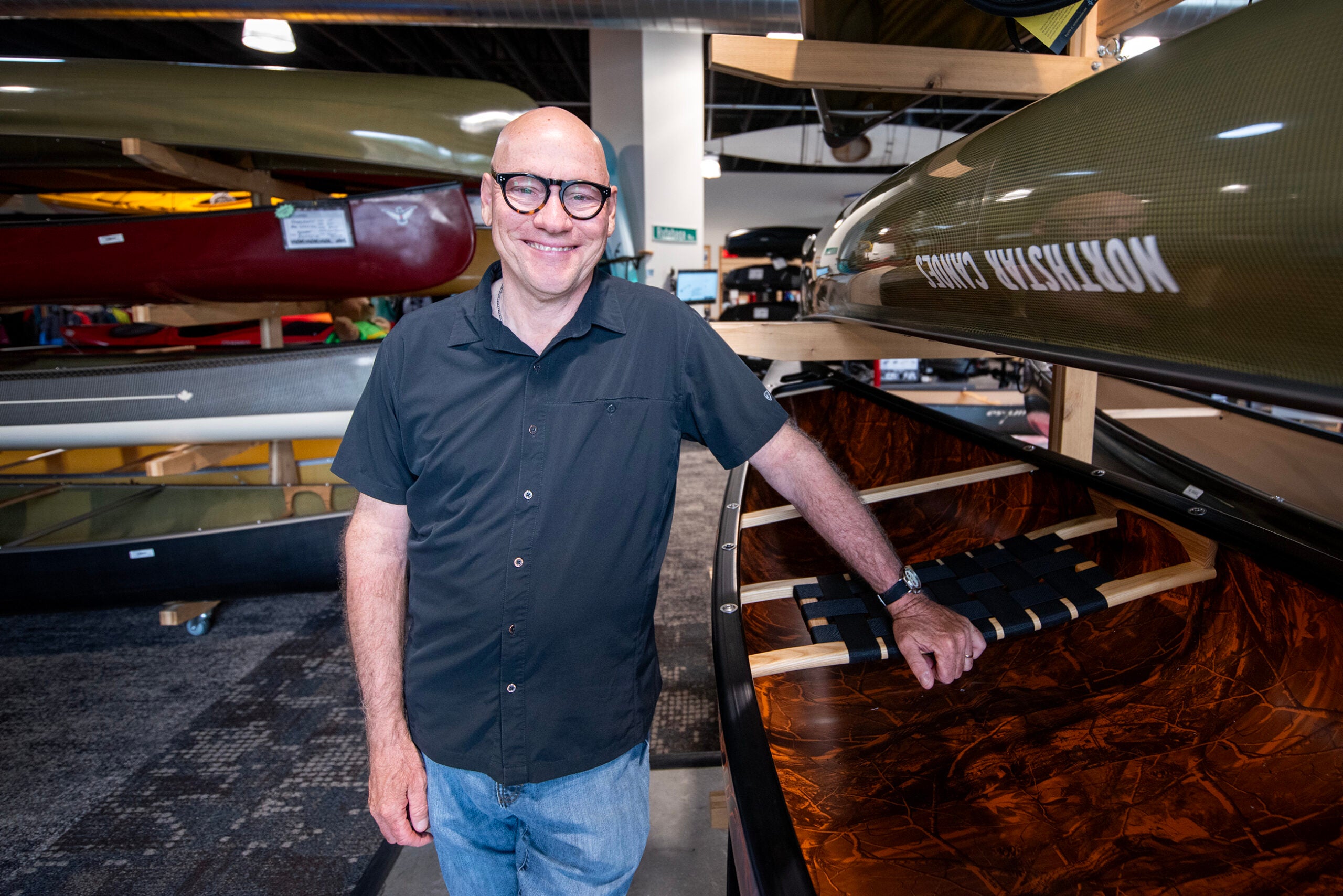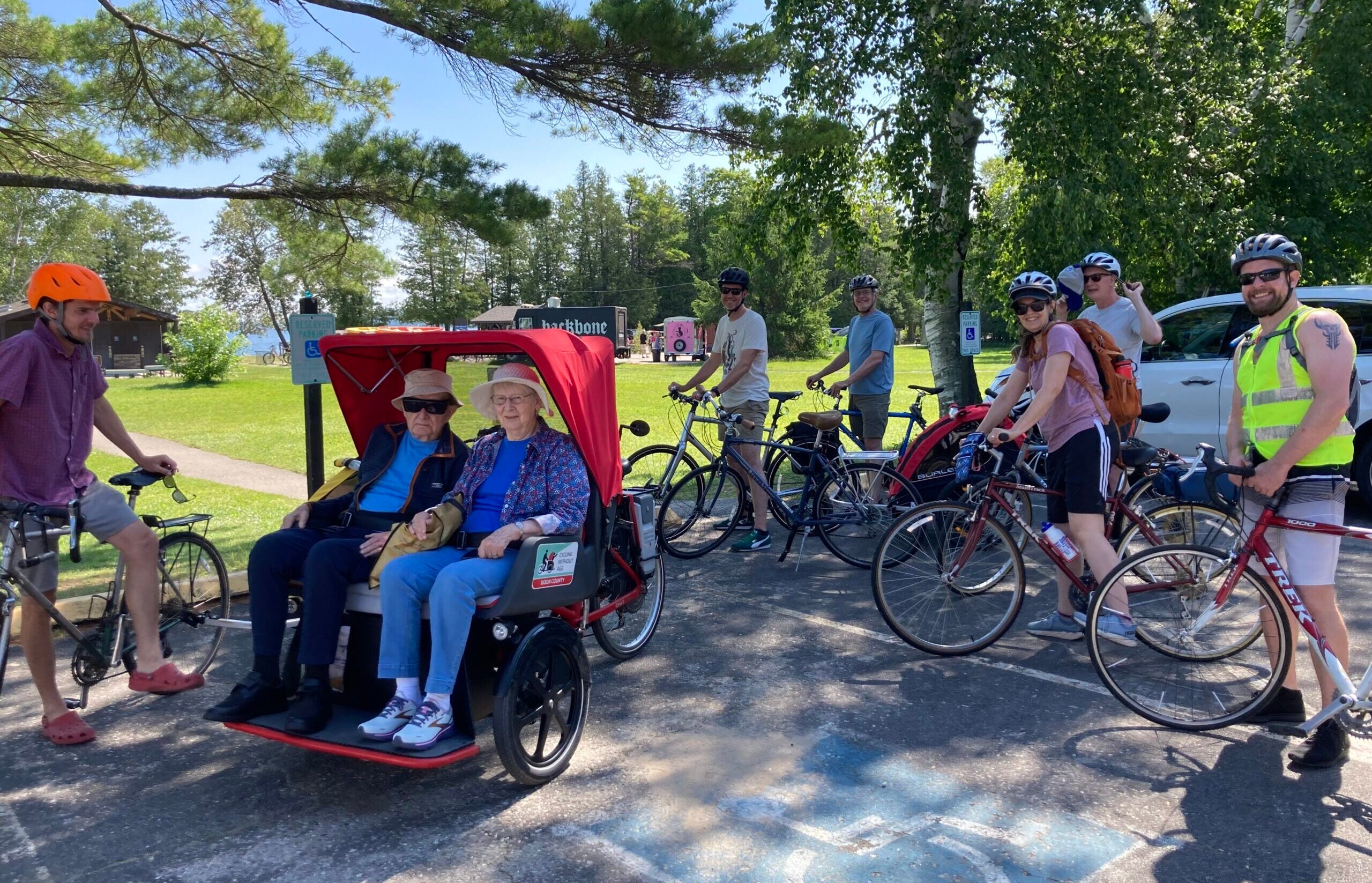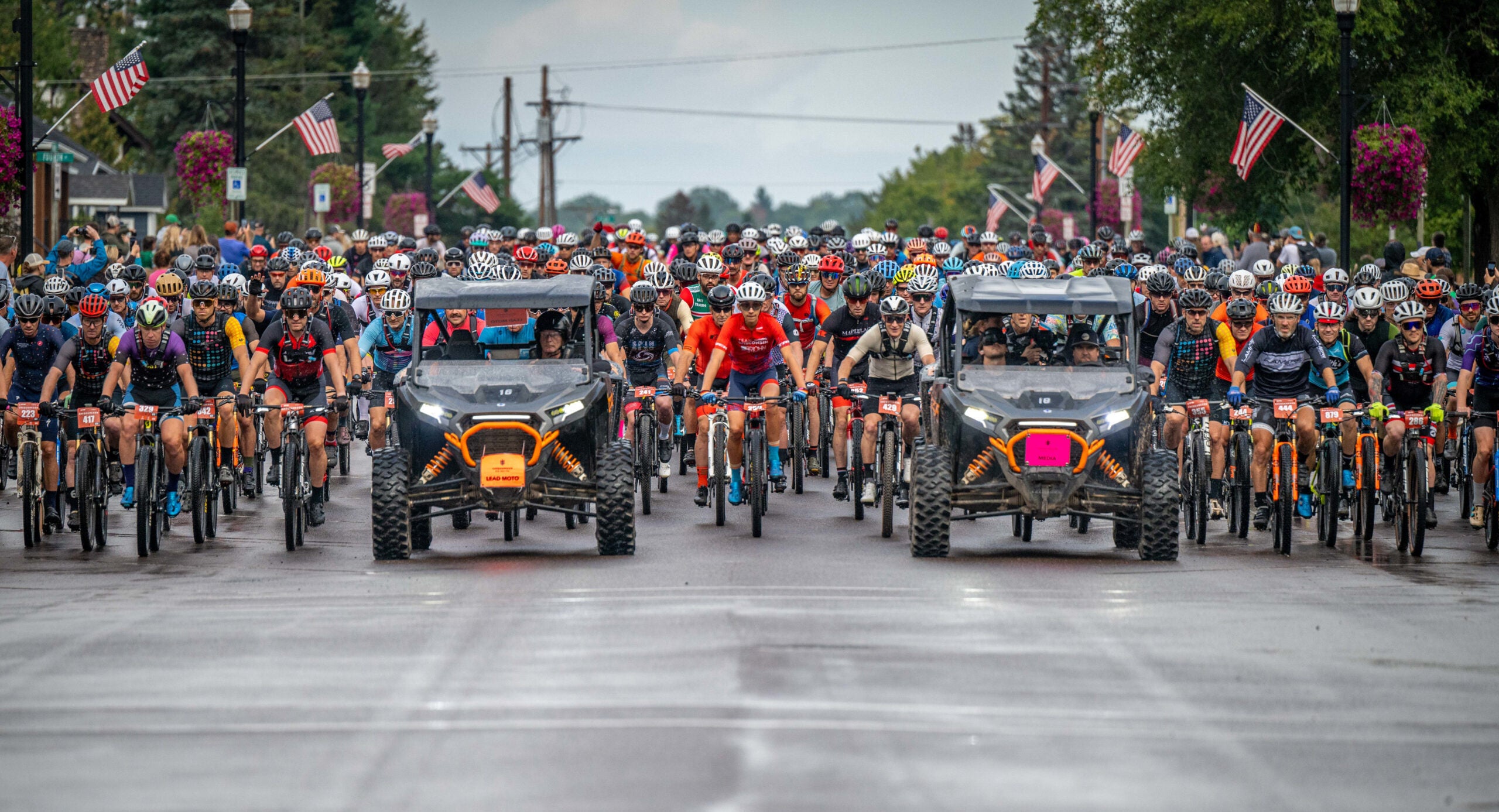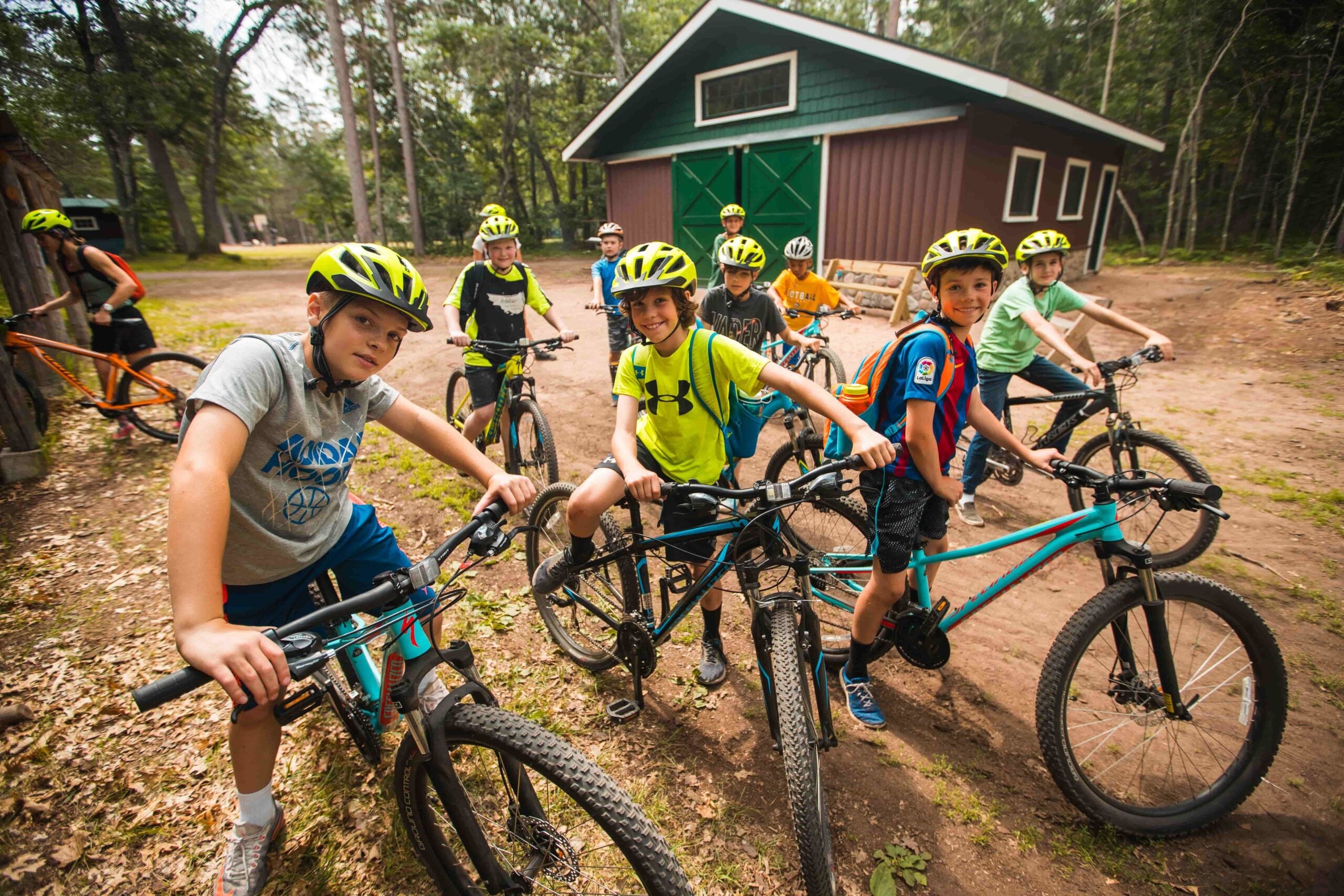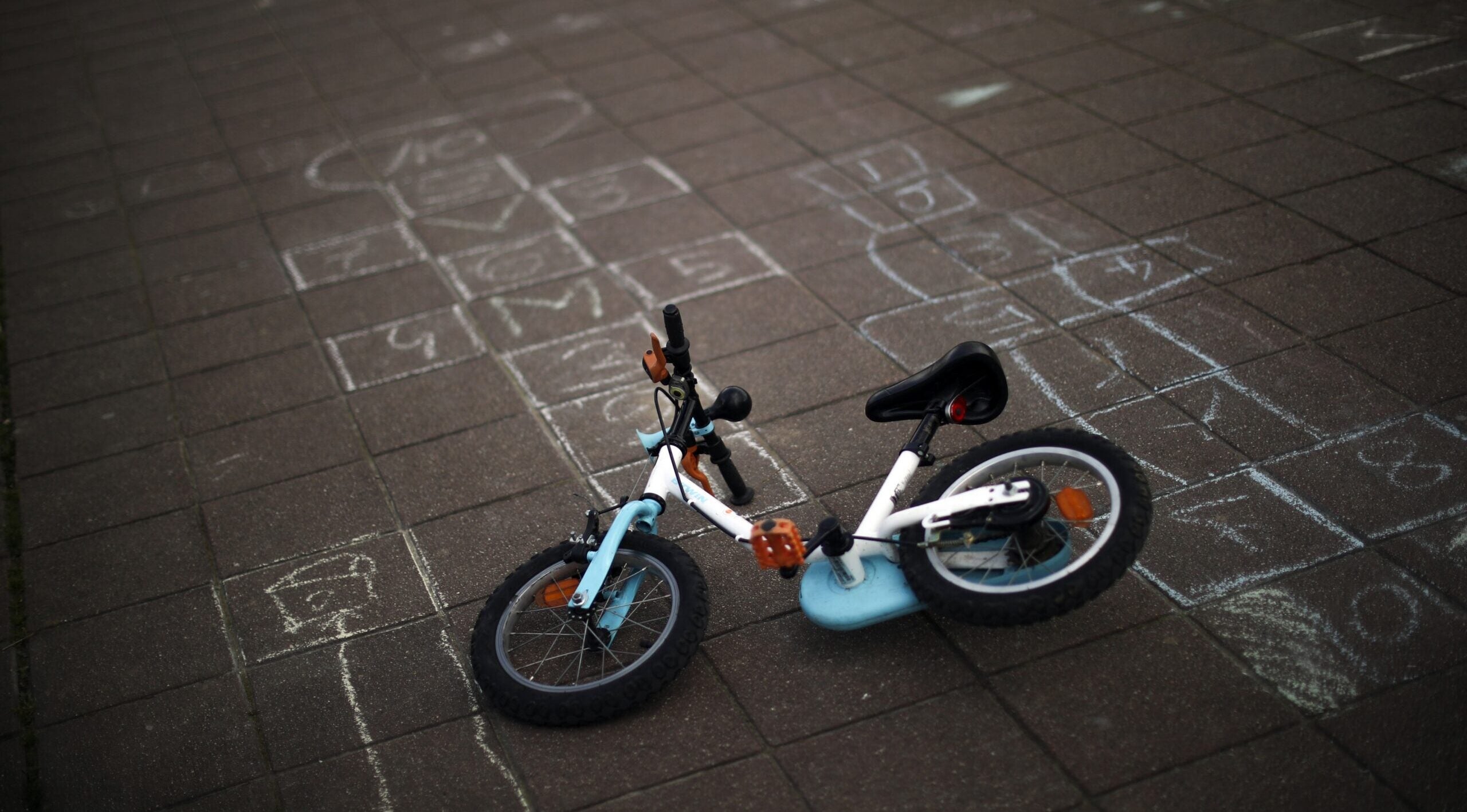Since 2016, Andy Quandt has parked his Bikemobile in the driveways of his Dane County customers and fixed their bicycles. Recognizing that many people are intimidated or otherwise uncomfortable taking their bicycles to a shop, he brought his services to them.
“I came up with this idea of breaking down the barriers that keep people’s butts off their bikes,” Quandt said recently on WPR’s “The Larry Meiller Show.”
Then in 2020, the COVID-19 pandemic forced people to stay home and remain socially distant from one another.
News with a little more humanity
WPR’s “Wisconsin Today” newsletter keeps you connected to the state you love without feeling overwhelmed. No paywall. No agenda. No corporate filter.
After buying up the stock of new bikes, people turned to neglected bikes in their garages and sheds. That’s when the Bikemobile business really took off.
“I was curbside before it was cool,” Quandt said.
Since then, Quandt bought Gib’s Bike Shop, an old-school repair and retail store in Lake Mills, where he was introduced to the trade as a teenager.
More recently, Quandt has found a following on YouTube as the BikeFarmer. He posts videos of himself rehabbing used bikes, riding around Lake Mills, and humorously ranting about what he sees as misguided trends in the bike industry.
“I have some unpopular bike opinions,” he said. “I try to be funny and just say the tough stuff that a lot of people aren’t saying.”
Here are six of Quandt’s hot takes on bicycling, bicyclists and the bike industry.
1. Big biking brands have overcomplicated biking
“I pick on Trek just because it’s in our backyard. (The world headquarters of the Trek Company is in Waterloo, 10 miles north of Lake Mills.)
They’re not any better or worse than any of the others, in my opinion. They’re all in the same boat. They have to keep coming up with new innovations, and a lot of times it just makes things more complicated. … It makes our jobs as mechanics and retailers very difficult because there’s so many different bike categories.
Everything is optimized for a specific use case. And general-purpose bikes, or just using bikes in everyday life, gets pushed aside as if it’s not normal anymore. It’s like, you’ve got to be some sort of big cyclist in order to enjoy cycling. I just don’t believe that.”
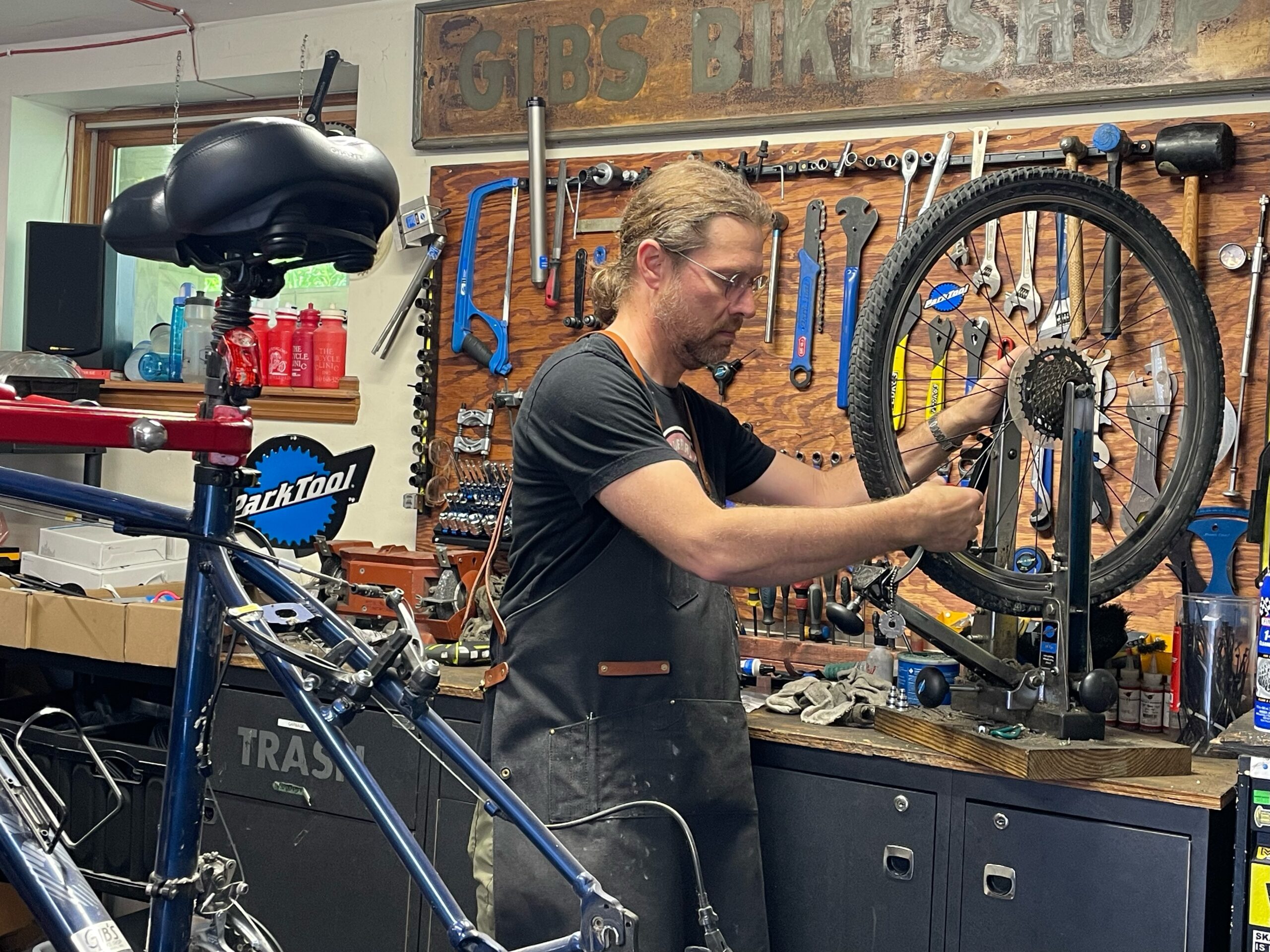
2. Traditional bike shops vs. modern bicycling stores
“A bike shop is what we remember as kids, where there was a guy that would fix bikes. That’s what I do at Gib’s in Lake Mills. … Bike shops usually sell used or second-tier brand bikes that are still decent quality and work well. You go in, it has character and it’s dirty.
Whereas in cycling stores, (the employees) are wearing button up shirts. … If you walk into a large cycling store, the sticker shock can be a little overwhelming. It makes you feel like you got to sign up for something that you don’t want to sign up for in order to enjoy cycling.
One of the things I hear people say is, ‘I’m not a big biker. I don’t need a fancy Trek. I don’t race or anything like that.’ That’s really what I’m all about. My shop slogan has been since day one: ‘Practical bikes for practical people.’”
3. The best bike for most people is the one they already have
“Let’s fix the one you’ve got. Maybe (we put on it) upright handlebars, comfy seat, some different tires. There’s some pretty easy things we can do to get that one to work for you.
Sometimes that can get to be too expensive and you might want to look at a new one. There’s a lot of really good options, though, especially used bikes. There’s so many of them out there. … Bicycles really are very durable products, even old ones. With a little bit of time on a repair stand and some expertise, an old bike can work every bit as good as a brand-new bicycle.”
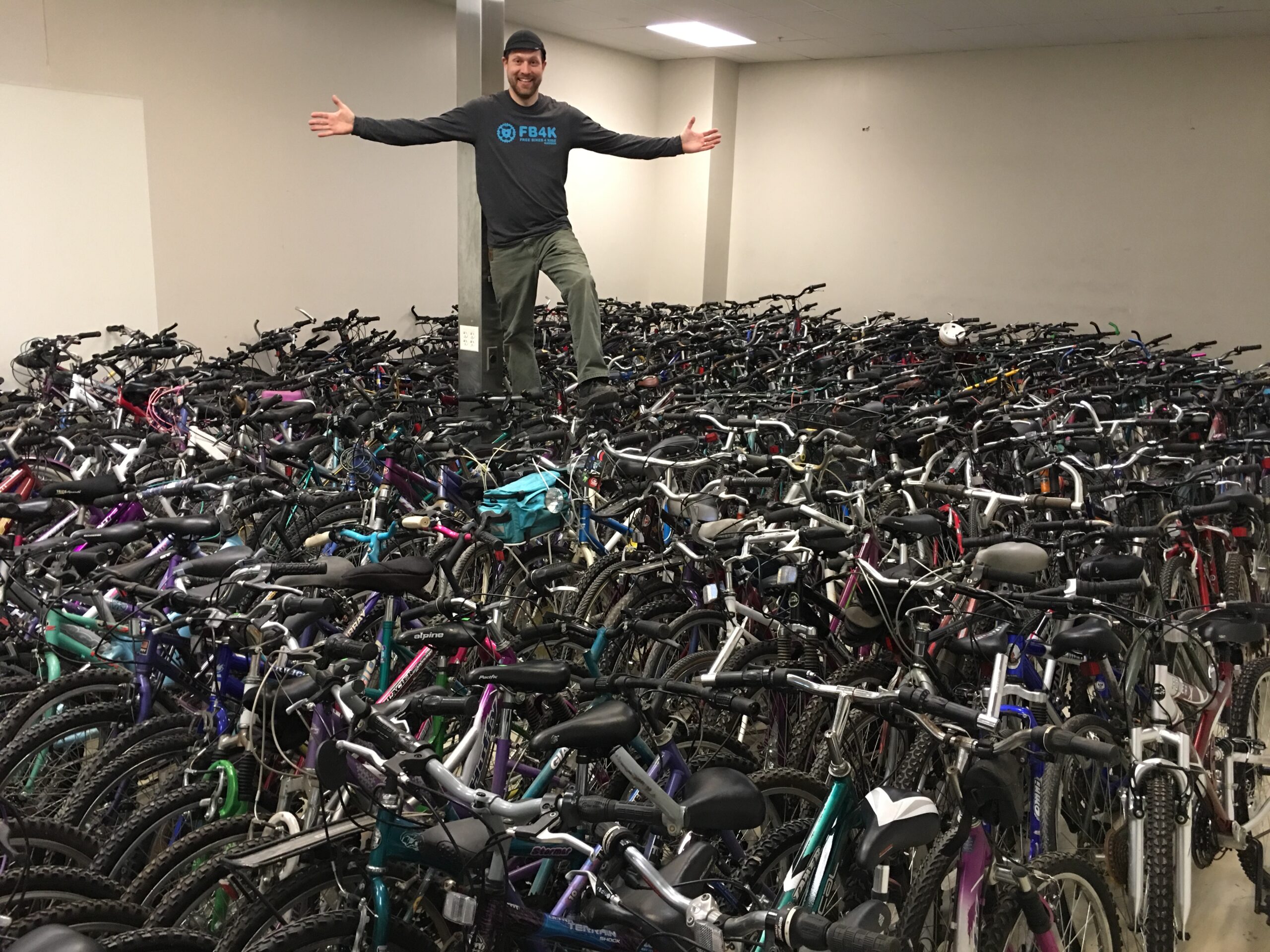
4. There’s a bike surplus problem, but there are solutions
“There’s a lot of bicycles out there in garages all over the place that aren’t being ridden. They’ve been hanging on hooks, maybe back in the garden shed, and people don’t know what to do with them.
There are programs out there like Free Bikes for Kids, which is now Bikes for Kids Wisconsin. I tell people to drop off bikes at Gib’s. We can usually find another home for those. Or sometimes they do end up getting scrapped, but you can donate the scrap metal to benefit charities. The bicycles have some value and there’s places to go with them.
Something we need a lot more of is legitimate used bike shops. A lot of people think that used bike shops need to be co-ops or nonprofits. I don’t think they need to be. I think that you can buy old bikes from people, flip them, pay your taxes and do it legitimately that way. That would really help keep bikes out of landfills.”
5. E-bikes are great for some, some more than others
“The biggest barrier to cycling is that it can be a lot of work. An e-bike allows anyone to get on a bike and enjoy it. (E-bikes) are flat-out fun. … But on a lot of the less expensive e-bikes, the motors and the batteries are really heavy if you have to lift them onto a bike rack.
If you buy a shop-quality e-bike from one of the major brands, they tend to have a lower center of gravity, are a bit lighter and much higher quality. It’s worth spending the extra money to get a good one.”
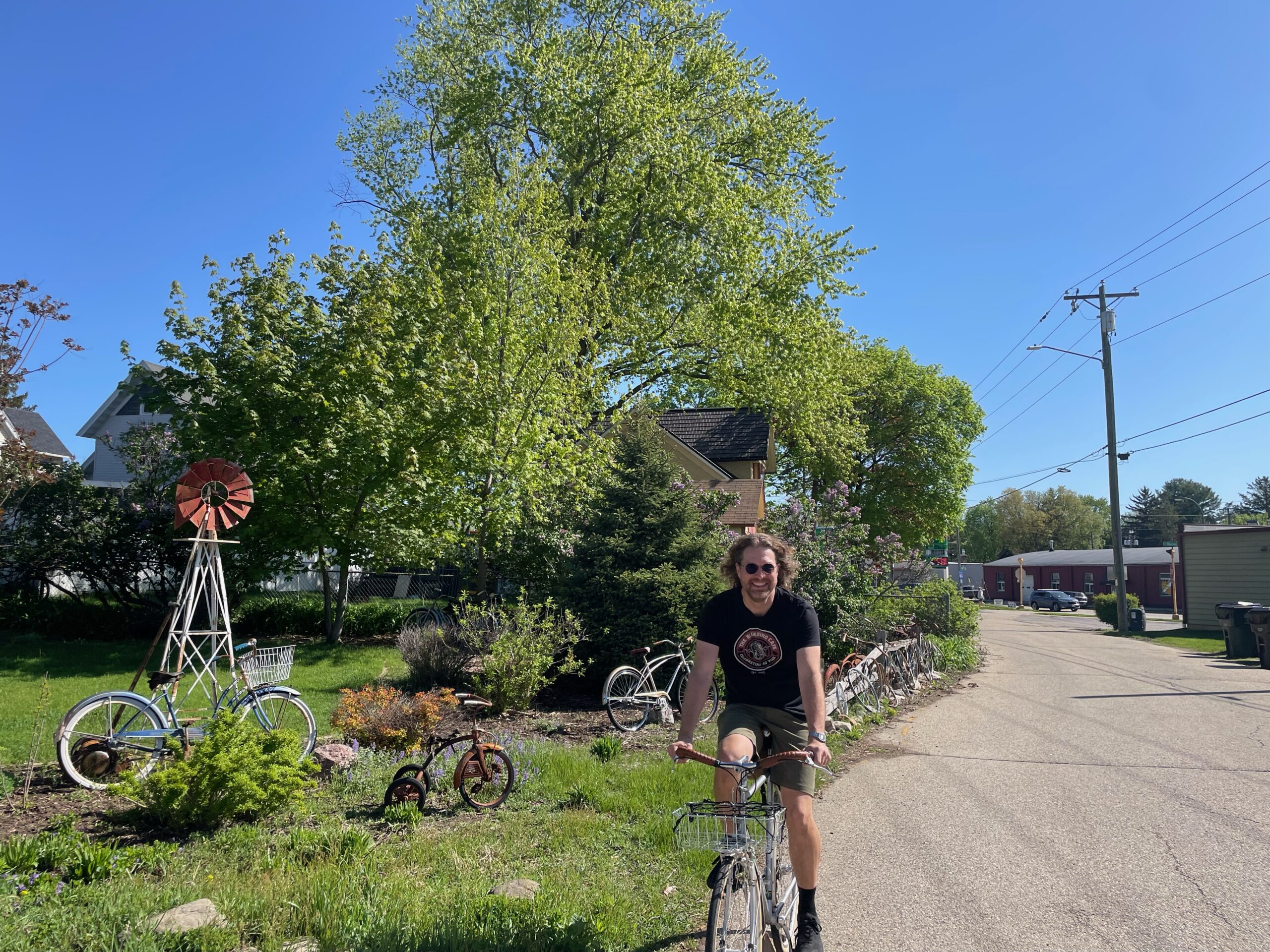
6. Long-distance riding isn’t for everyone (but it is for Quandt)
“For enthusiast-level cyclists, people that are going to spend a lot of time on their bike or competing, there is such thing as a bike fitting. You can get hooked up to a machine by an expert, get measured and dial it in to maximize performance. It’s all about optimization. That makes a lot of sense for some people.
For most people, like those who come to my bike shop, I keep everything really simple. It’s just small, medium and large bikes. I get a ton of people that come in with their bike from college, and it’s just not the right bike for them anymore. First of all, it’s two sizes too small. When I put them on a large, they’re like, ‘Oh, I’ve never felt this before.’
(Long-distance biking) is a pretty intense form of cycling that most people are not going to do. That said, I do something that’s similar to ultracycling, which is called randonneuring. It’s an old traditional form of long-distance cycling. There are clubs all over the country and we do stupid-long distances. A couple hundred miles in a day, that kind of thing. I really enjoy it. I love getting lost, especially out in the hills of Driftless, Wisconsin. … It’s the best road cycling in the world.”
Wisconsin Public Radio, © Copyright 2025, Board of Regents of the University of Wisconsin System and Wisconsin Educational Communications Board.

